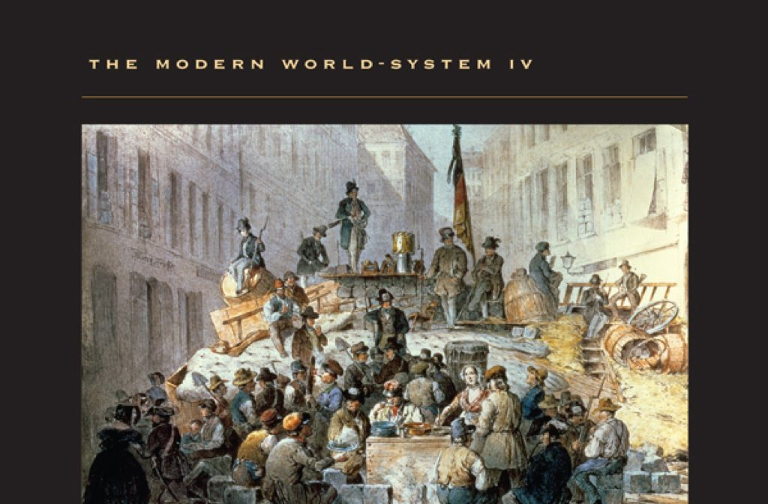From the biography at his website:
Wallerstein first became interested in world affairs as a teenager in New York City, and was particularly interested in the anti-colonial movement in India at the time. He attended Columbia University, where he received a B.A. in 1951, an M.A. in 1954 and a Ph.D. degree in 1959, and subsequently taught until 1971, when he became professor of sociology at McGill University. As of 1976, he served as distinguished professor of sociology at Binghamton University (SUNY) until his retirement in 1999, and as head of the Fernand Braudel Center for the Study of Economies, Historical Systems and Civilizations until 2005. Wallerstein held several positions as visiting professor at universities worldwide, was awarded multiple honorary degrees, intermittently served as Directeur d’études associé at the École des Hautes Études en Sciences Sociales in Paris, and was president of the International Sociological Association between 1994 and 1998. During the 1990s, he chaired the Gulbenkian Commission on the Restructuring of the Social Sciences. The object of the commission was to indicate a direction for social scientific inquiry for the next 50 years. In 2000 he joined the Yale Sociology department as Senior Research Scholar. In 2003 he received the Career of Distinguished Scholarship Award from the American Sociological Association.





